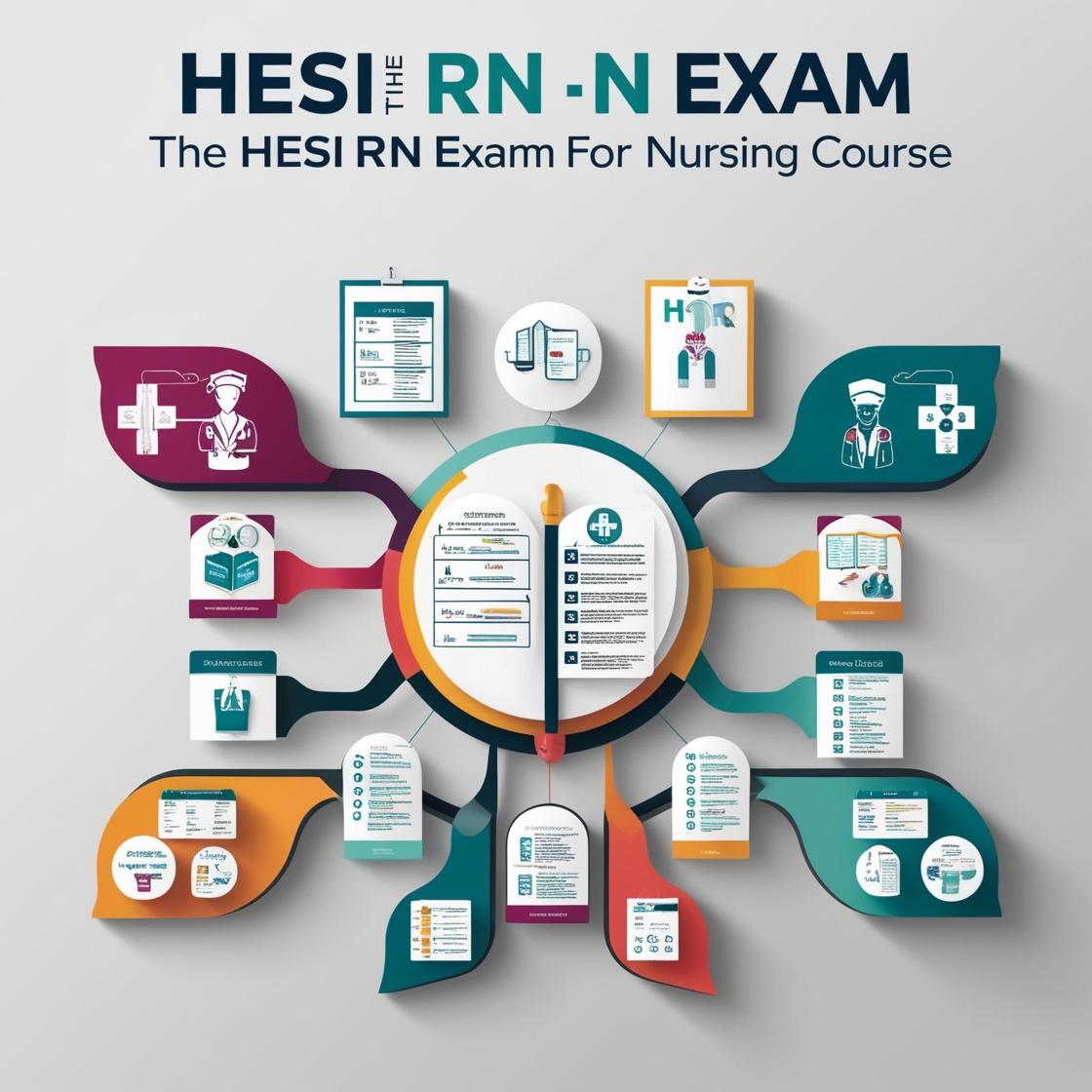HESI RN
Leadership HESI
1. When instructing the female client diagnosed with hyperparathyroidism about diet, Nurse Gina should stress the importance of which of the following?
- A. Restricting fluids
- B. Restricting sodium
- C. Forcing fluids
- D. Restricting potassium
Correct answer: C
Rationale: The correct answer is C: Forcing fluids. Nurse Gina should stress the importance of forcing fluids to help prevent kidney stones and hypercalcemia in clients with hyperparathyroidism. Restricting fluids (choice A) is not recommended as dehydration can worsen the condition. Restricting sodium (choice B) is not directly related to the management of hyperparathyroidism. Restricting potassium (choice D) is not typically necessary in hyperparathyroidism unless hyperkalemia is present.
2. A client with DM is being taught about the importance of foot care by a nurse. Which instruction should the nurse include?
- A. Use a heating pad to warm your feet.
- B. Avoid walking barefoot.
- C. Soak your feet in hot water every night.
- D. Wear tight shoes to protect your feet.
Correct answer: B
Rationale: The correct instruction for the nurse to include is to advise the client to avoid walking barefoot. This recommendation is crucial for clients with diabetes to prevent foot injuries and infections. Walking barefoot can lead to unnoticed wounds or ulcers due to reduced sensation in the feet (neuropathy) common in diabetes. Choice A is incorrect as heating pads can cause burns and should be avoided. Choice C is incorrect because soaking feet in hot water can also lead to burns and skin damage. Choice D is incorrect as tight shoes can increase the risk of pressure sores and restrict blood flow, which is detrimental for individuals with diabetes.
3. Which of the following laboratory values should the nurse monitor in a client with Cushing's syndrome?
- A. Blood glucose levels
- B. Serum calcium levels
- C. Serum potassium levels
- D. Serum sodium levels
Correct answer: A
Rationale: The correct answer is A: Blood glucose levels. In Cushing's syndrome, there is excess cortisol in the body which leads to increased blood glucose levels due to its effect on glucose metabolism. Elevated blood glucose levels are a common finding in individuals with Cushing's syndrome. Monitoring blood glucose levels is crucial as it helps in assessing and managing hyperglycemia in these patients. Choice B, serum calcium levels, is not typically a priority in monitoring for Cushing's syndrome. While abnormalities in calcium levels can occur in some endocrine disorders, hypercalcemia is not a hallmark of Cushing's syndrome. Choice C, serum potassium levels, and Choice D, serum sodium levels, are not directly associated with Cushing's syndrome. While electrolyte imbalances can occur in various conditions, they are not specifically linked to Cushing's syndrome as blood glucose levels are.
4. The nurse is teaching a client with newly diagnosed hyperthyroidism about the management of the condition. Which of the following statements by the client indicates a need for further teaching?
- A. I should take my medication every day as prescribed.
- B. I need to avoid foods high in iodine.
- C. I can skip my medication on days when I feel fine.
- D. I should monitor my pulse regularly.
Correct answer: C
Rationale: Clients with hyperthyroidism should take their medication consistently and not skip doses, even if they feel well.
5. During preoperative teaching for a female client undergoing subtotal thyroidectomy, which statement should the nurse include?
- A. The head of your bed must remain flat for 24 hours after surgery.
- B. You should avoid deep breathing and coughing after surgery.
- C. You won't be able to swallow for the first day or two.
- D. You must avoid hyperextending your neck after surgery.
Correct answer: D
Rationale: The correct answer is D. Instructing the client to avoid hyperextending the neck after thyroid surgery is crucial to prevent stress on the surgical site and reduce the risk of complications such as strain on the incision or damage to the healing tissues. Choices A, B, and C are incorrect because: A) Keeping the head of the bed flat for 24 hours is not necessary after a thyroidectomy; elevation of the head of the bed can actually help reduce swelling and improve comfort. B) Encouraging deep breathing and coughing after surgery is essential to prevent respiratory complications such as pneumonia, so this advice is incorrect. C) Difficulty swallowing after thyroid surgery is not a typical outcome, so this statement is inaccurate and should not be included in the preoperative teaching.
Similar Questions

Access More Features
HESI RN Basic
$69.99/ 30 days
- 50,000 Questions with answers
- All HESI courses Coverage
- 30 days access @ $69.99
HESI RN Premium
$149.99/ 90 days
- 50,000 Questions with answers
- All HESI courses Coverage
- 30 days access @ $149.99
